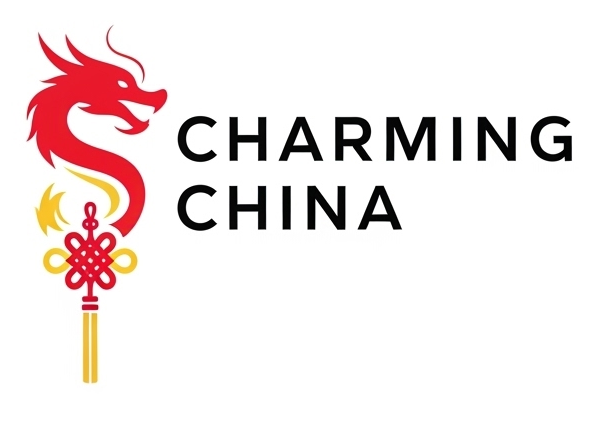Traditional Culture
Traditional Chinese Culture (中华传统文化, Zhōnghuá chuántǒng wénhuà) is the core of China’s civilizational identity, developed over thousands of years through dynasties, philosophies, and daily practices. It reflects a worldview built on harmony, respect, family, and balance with nature.
More than customs and rituals, it is a living philosophy influencing how people think, behave, celebrate, and relate to the world.

Key Values in Traditional Culture
| Value | Meaning |
|---|---|
| 礼 (Lǐ) – Ritual & Propriety | Respectful behavior toward others and society |
| 孝 (Xiào) – Filial Piety | Devotion to parents and ancestors |
| 仁 (Rén) – Benevolence | Kindness, empathy, and humaneness |
| 义 (Yì) – Righteousness | Moral justice and duty |
| 和 (Hé) – Harmony | Balance between self, others, and nature |
These values shape all aspects of life—from etiquette and education to law and family.
Foundations of Traditional Chinese Culture
1. Philosophy & Belief Systems
- Confucianism – Social harmony through respect and hierarchy
- Daoism (Taoism) – Flow with nature, simplicity, inner peace
- Buddhism – Spiritual elevation, compassion, karma
- Yin-Yang & Five Elements – Balance and cyclical understanding of the universe
These philosophies influence everything from health to architecture to family roles.
2. Rites & Etiquette (礼仪)
- Respectful gestures: bowing, tea serving, proper speech
- Life ceremonies: birth, coming of age, marriage, funerals
- Social codes: elders go first, humility, saving face
- Festival customs: ancestor worship, food offerings, lucky greetings
Example: During Lunar New Year, younger family members bow and say blessings to elders, who gift red envelopes (hóngbāo).
3. Family & Social Structure
- Patriarchal extended family system
- Emphasis on ancestry, lineage, and family reputation
- Naming conventions reflect generational hierarchy
- Roles defined by Confucian ethics: ruler–subject, father–son, husband–wife
4. Festivals & Rituals
- Lunar New Year (Spring Festival) – Rebirth, family unity, fortune
- Mid-Autumn Festival – Moon worship, reunion
- Qingming Festival – Tomb sweeping and ancestor remembrance
- Dragon Boat Festival – Patriotism and health rituals
- Double Ninth Festival – Honoring the elderly
Each holiday is rich in rituals, stories, and seasonal foods.
5. Traditional Living Wisdom
- Feng Shui (风水) – Spatial harmony with nature
- Chinese Medicine – Yin-yang balance in the body
- Tea Culture – Mindfulness, respect, social bonding
- Seasonal Living (二十四节气) – Eating and living with Earth’s rhythms
- Proverbs & Idioms (成语) – Condensed cultural values in language
Subtopics of Traditional Culture
| Subcolumn | Description |
|---|---|
| Chinese Etiquette (礼仪) | From daily manners to formal ceremonies |
| Rites of Passage | Traditional customs for birth, marriage, and funerals |
| Folk Beliefs & Superstitions | Lucky symbols, taboos, feng shui practices |
| Ancestral Worship | Honoring family lineage through rituals and altars |
| Cultural Proverbs & Idioms | Short sayings packed with moral wisdom |
| Seasonal Wisdom (节气文化) | How 24 solar terms shape traditional living |
Why Traditional Culture Still Matters
- Cultural Identity – Rooted in China’s collective memory and values
- Moral Guidance – Offers timeless wisdom on relationships and virtue
- Intergenerational Bonding – Customs passed down unify families
- Global Interest – More people worldwide seek understanding of Chinese customs
In a fast-paced modern world, traditional culture offers a return to balance, mindfulness, and meaning.
Traditional Chinese culture is not locked in museums—it is a living philosophy woven into daily life. From how people greet each other to how they arrange their homes or celebrate the moon, it speaks of a civilization that values depth, harmony, and continuity.
